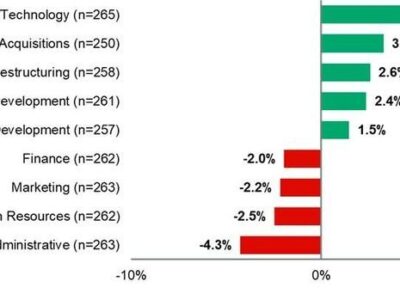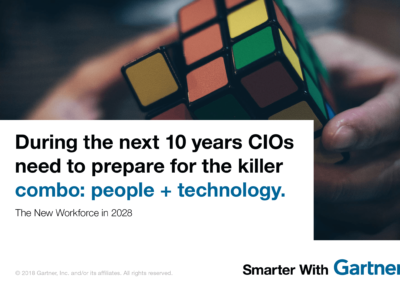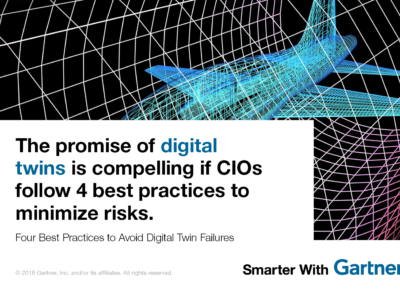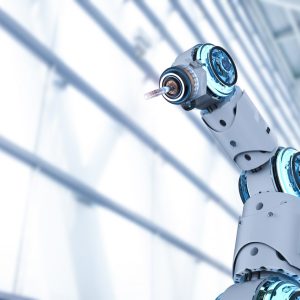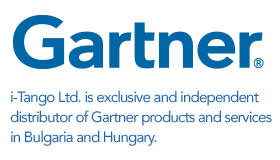By leveraging the Internet of Things, enterprises will be presented with a wide range of opportunities that will result in significant benefits
The Internet of Things (IoT) has rapidly become one of the most familiar — and perhaps, most hyped — expressions across business and technology. That hype, however, is entirely justified and is backed up by the numbers.
We expect to see 25 billion Internet-connected things by 2020, and close to $2 trillion of economic benefit globally. These things are not general purpose devices, such as smartphones and PCs, but dedicated objects, such as vending machines, jet engines, connected soap dispensers and a myriad of other examples.
”The IoT will have a great impact on the economy by transforming many enterprises into digital businesses and facilitating new business models, improving efficiency, and generating new forms of revenue,” said Jim Tully, vice president and distinguished analyst at Gartner. “However, the ways in which enterprises can actualize any benefits will be diverse and, in some cases, painful.”
Currently, IoT technologies — and business models that utilize IoT — are immature. Despite this immaturity, there are already sporadic examples of existing, and planned, uses across a wide range of industries. Enterprises will need to make plans and preparations now or risk being left behind by their faster-moving competitors.
Learn more about the impact of the Internet of Things along with security and identity issues on Smarter With Gartner website.
Mr. Tully examines how enterprises can exploit the increasing proliferation of IoT in the Gartner report, “Mass Adoption of the Internet of Things Will Create New Opportunities and Challenges for Enterprises”.


